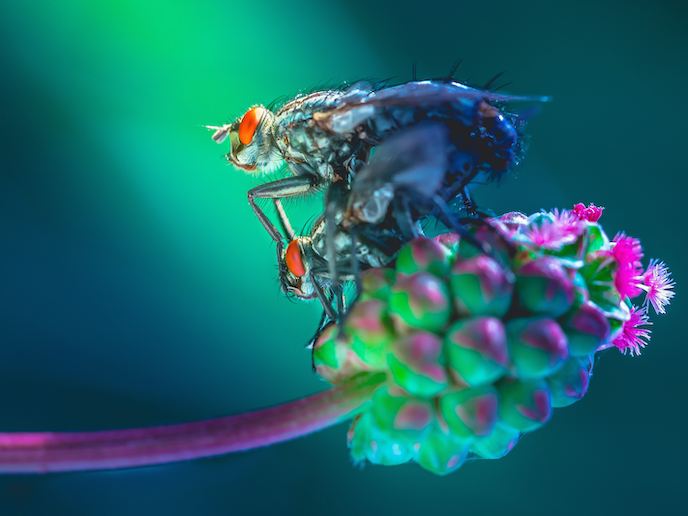Why some females choose to have multiple mates
Some female animals mate just once in their lifetime. For others, this just doesn’t seem to be enough. Females in certain species have lengthy and diverse sexual careers, opting for polyandry(opens in new window) and mating with several male partners. Why is this the case? Decades of research into this question and scientists are still searching for a conclusive answer. One theory is a relationship between sexual proclivity and the immune system. Males transfer ejaculates to females which could contain pathogens, meaning more contact could push up the chances of catching a sexually transmitted infection. Could the increased contact actually be selecting for more resistant females? The IMMUNFUNC project, undertaken with the support of the Marie Skłodowska-Curie programme, explored the complex relationship between polyandry, pathogens and immunity to try to uncover more answers about the variation in sexual activity. The hypothesis driving the research was that polyandry correlates positively with female immune defence efficiency – more mates, better protection. This could make sense from an evolutionary perspective, if the long-term benefits of better defences outweigh the short-term costs coming with a higher risk of disease.
Mating under the microscope
“To test the hypothesis, the IMMUNFUNC team investigated the relationship between genetically determined polyandry levels and female resistance against pathogens in 10 different genotypes (genetic forms) of the fruit fly Drosophila pseudoobscura(opens in new window). The flies had a profoundly different genetic predisposition to polyandry, letting the team examine the effects of genetic variation and mating on the female immune function. “This fly species is unique in that the number of times females mate is under strong genetic control, and this trait shifts throughout its range in North America, with northern population females mating more frequently than females in southern populations,” says Nina Wedell, professor of Evolutionary Biology at the University of Exeter(opens in new window) and IMMUNFUNC project coordinator. The team designed a way to challenge the flies’ immune system using two species of bacteria that trigger different resistance pathways. “We used female survival when being infected with these two bacteria as an index of immune function in the 10 genotypes when exposed to different mating regimes. Thus, we checked correlations between female survival and polyandry levels for each bacterial species and how this relates to expression levels of immune genes and bacterial load across the 10 genotypes,” Wedell explains.
Fruitful research
Contrary to the hypothesis, the research actually revealed no significant correlation between the number of mates and immune system defence. Rather, the team found that genetic variations are responsible for the level of resistance to pathogens and that the effects of multiple mates vary between these different genotypes. “This shows that some genotypes have an overall more efficient immune system than others and that there is no trade-off between different types of immune responses,” Wedell says. Although the original hypothesis was rejected (itself a fundamental process in the progress of scientific research), the project found the first evidence showing that genetic variations account for the impacts of mating strategies within fly populations. The research will be useful for the development of pest management, which relies on the mass sterilisation of males(opens in new window). Understanding more about female sexual activity and fertility will help make this research and its practical applications more efficient.







